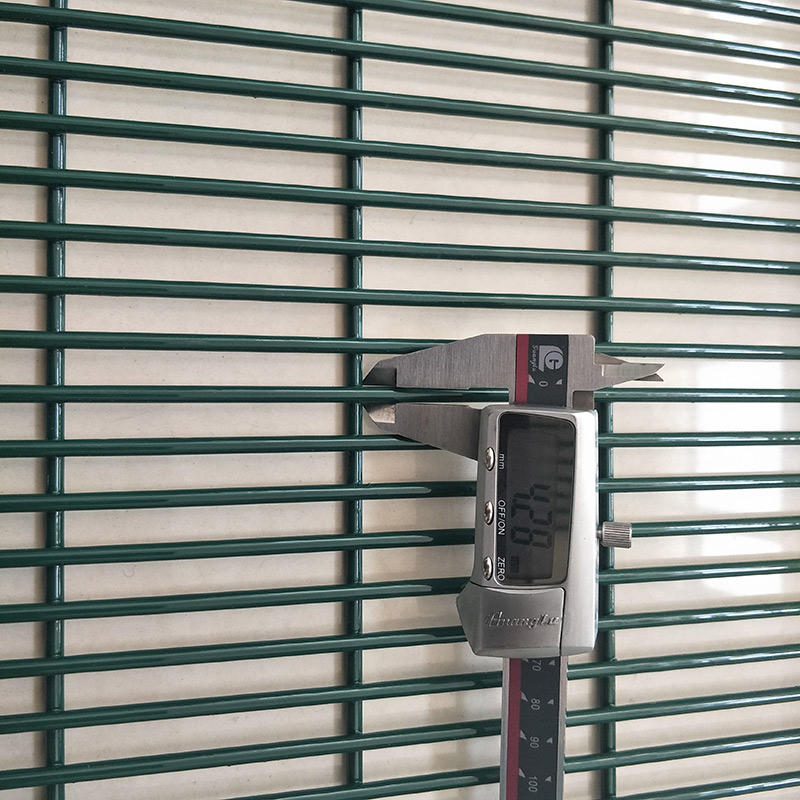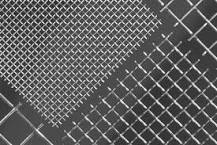Jan . 06, 2025 11:19 Back to list
deformed steel rebar
Deformed steel rebar, a fundamental element in modern construction, has revolutionized the way structures are reinforced, offering unparalleled strength and stability. With a corrugated surface, this type of rebar is engineered to enhance its adhesive ability with concrete, preventing any slippage within the structure. For professionals in the construction industry, understanding the nuances of deformed steel rebar is key to optimizing its application and ensuring project success.

In the realm of construction expertise, the benefits of using deformed steel rebar extend beyond its structural advantages. Its design incorporates ridges that significantly increase friction between the steel and concrete, resulting in superior bonding characteristics. This feature is critical in seismic regions where buildings are subjected to frequent and intense vibrations, as it ensures that the structural components move monolithically without compromise.
From a professional standpoint, selecting the right grade and size of deformed steel rebar is paramount. The American Society for Testing and Materials (ASTM) classifies rebar into several grades based on yield strength, such as Grade 40, Grade 60, and more recently, high-strength options like Grade 75 and Grade 100. This classification allows engineers to tailor their choice to the specific demands of high-rise buildings, bridges, and other large-scale infrastructure projects, ensuring both safety and cost-effectiveness.

Having collaborated with leading construction firms and engineers globally, it's evident that the installation process of deformed steel rebar requires precision and expertise. Proper handling and placement are critical to avoid compromising its performance. On-site inspections by experienced professionals ensure that the rebar is not only positioned accurately but also maintained in excellent condition, free from rust or any form of degradation that could affect its integrity.
deformed steel rebar
Trustworthiness in sourcing deformed steel rebar is another pivotal component that industry experts emphasize. Partnering with reputable suppliers ensures that all materials meet rigorous quality standards and industry regulations. Verification of material authenticity, through proper certification and traceability, acts as a safeguard against structural failures and reinforces the longevity of the construction project.
Drawing from years of industry experience, ongoing innovations in the production of deformed steel rebar present exciting possibilities. Advances in metallurgical technologies have led to the creation of rebar with enhanced corrosion resistance and tensile strength. These innovations not only extend the lifespan of structures but also offer more sustainable solutions by reducing the need for frequent repairs and replacements.
In conclusion, the strategic use of deformed steel rebar in construction projects highlights a blend of cutting-edge technology and time-tested engineering principles. Its continued evolution demonstrates the industry's commitment to building safer, more resilient structures. For construction professionals, maintaining expertise in the latest advancements and best practices surrounding deformed steel rebar is essential in preserving the trust and authority needed to excel in this ever-competitive field. With this knowledge, engineers and builders can confidently deliver robust infrastructure that stands the test of time.
-
Heavy-Duty Welded Wire Mesh for Industrial Factories
NewsAug.04,2025
-
Chain Link Fence - Anping County Puersen | Durable, Versatile, Reliable
NewsAug.03,2025
-
Chain Link Fence: Durable, Versatile, and Reliable Fencing Solution|Galvanized Steel Fence Manufacturers
NewsAug.03,2025
-
Chain Link Fence-Galvanized Steel Fence Factory|Durable, Versatile, Cost-Effective
NewsAug.03,2025
-
Heavy-Duty Welded Wire Mesh for Industrial Factories
NewsAug.03,2025
-
Galvanized Steel Fence-Anping Puersen|Durable,Flexible
NewsAug.02,2025

